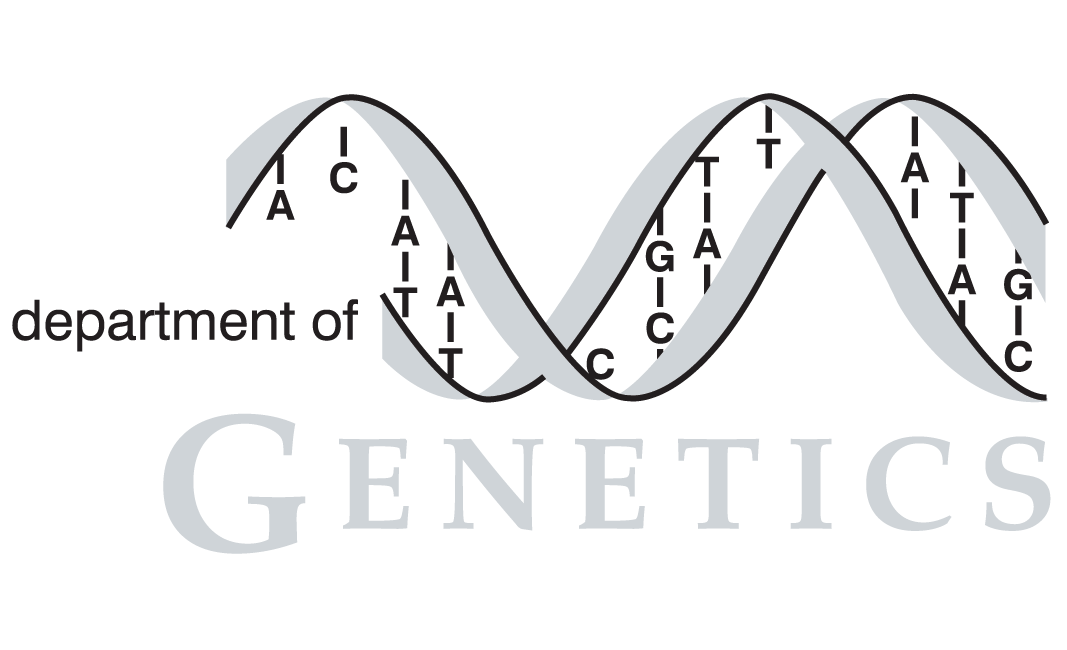| Citation | Guan Q, Haroon S, Bravo DG, Will JL, Gasch AP. Cellular memory of acquired stress resistance in Saccharomyces cerevisiae. Genetics, 2012. |
| PubMed ID | 22851651 |
| Short Description | Cellular memory of acquired stress resistance in Saccharomyces cerevisiae. |
| # of Conditions | 11 |
Full Description

|
Cellular memory of past experiences has been observed in several organisms and across a variety of experiences, including bacteria remembering prior nutritional status and amoeba learning to anticipate future environmental conditions. Here, we show that Saccharomyces cerevisiae maintains a multifaceted memory of prior stress exposure. We previously demonstrated that yeast cells exposed to a mild dose of salt acquire subsequent tolerance to severe doses of H(2)O(2). We set out to characterize the retention of acquired tolerance and in the process uncovered two distinct aspects of cellular memory. First, we found that H(2)O(2) resistance persisted for four to five generations after cells were removed from the prior salt treatment and was transmitted to daughter cells that never directly experienced the pretreatment. Maintenance of this memory did not require nascent protein synthesis after the initial salt pretreatment, but rather required long-lived cytosolic catalase Ctt1p that was synthesized during salt exposure and then distributed to daughter cells during subsequent cell divisions. In addition to and separable from the memory of H(2)O(2) resistance, these cells also displayed a faster gene-expression response to subsequent stress at >1000 genes, representing transcriptional memory. The faster gene-expression response requires the nuclear pore component Nup42p and serves an important function by facilitating faster reacquisition of H(2)O(2) tolerance after a second cycle of salt exposure. Memory of prior stress exposure likely provides a significant advantage to microbial populations living in ever-changing environments. |
Tags
 |
Contact: sgd-helpdesk@lists.stanford.edu


